The people at Capcom should be no strangers to establishing a new IP on the market. Since the Japanese company introduced their first multi-part franchise in the mid ’80s with Ghosts ‘n Goblins, they have been known for establishing franchises that run for many years. Along with such legendary titles as Street Fighter and Mega Man, this strategy has enabled them to create and develop things such as, in particular, the survival-horror genre.
However, it was interesting to meet Resident Evil 4 and Devil May Cry producer Hiroyuki Kobayashi at gamescom and to watch him demonstrate Capcom’s latest offering, Dragon’s Dogma. What was shown on the screen in the tiny booth was neither slugfest nor survival-action title, nor a new approach for an arcade concept either. What Capcom had announced in April, probably more out of sheer habit, as action-adventure was in fact the first open-world RPG in Capcom’s 33-year history.
Indeed, with Dragon’s Dogma Capcom is not abandoning their extensive expertise in action gameplay; however, the presentation at gamescom focused mainly on the most basic aspect of an RPG game: the forming of game groups to enable the player to engage in combat with up to three followers or “Pawns”.
Pawns are humanoid beings from another world (their precise origin forms part of the plot) that the player can recruit during the course of their journey. The developers see them as an extension of the main character, which they can use to compensate for weaknesses when they tackle the imminent Quest.
A Main Pawn remains on the side of the player throughout the entire game. This companion is a kind of second main character that can be designed with its own characteristics. The two additional Pawns will be acquired via the game’s main social feature: each player can upload his Pawn into a parallel world (i.e. onto a server), where all the players in the world can meet and select the best Pawn for their current mission.
This social feature adds an interesting new dimension to the character development: if the player’s Pawn is recruited by another player for a mission, the Pawn does not only gain additional experience, but the player will also be receive a “rental” fee (nor will the player ever have to go without their Main Pawn, even though it may have been rented out; it will still be available in the player’s own game).
There’s no doubt that Kobayashi’s team knows how to design accessible and thrilling action gameplay. So, it will be intriguing to see how successful Capcom will be at devising the open world and the obligatory RPG character-development system. Will the Pawn system provide sufficient strategic depth? Will the story be as tight and gripping as we have come to expect from the company’s previous survival- horror titles, despite this open structure? Will the Quests be able to generate the motivation to collect items that is one of the bedrocks of RPGs?
If the answers to all these questions are in the affirmative, then we should probably give Capcom a very big pat on the back indeed, because they will have created yet another blockbuster IP. We should in any case at least salute the attempt of the Japanese developers to produce yet another strong single-player brand.
Here are a few highlights from the discussions with Kobayashi:
On the potential abuse of the social feature to use High-Level Pawns of other players to make the first Quests easier
Kobayashi: No, that can’t happen. Recruiting Pawns of other players is restricted, so that the followers will always be at roughly the same level as the player. However, players can still use the Pawns to make the first Quests easier, as players can obtain strengths through them that the players themselves may yet have failed to acquire in their own character development.
On the competition from the mighty MMORPGS with their massive game depth
We have integrated around 400 NPCs into the game, each with their own personality and back-story. The player will require some time to live each available experience in the game. We still haven’t calculated the almost limitless possibilities offered by the Pawns of other players, but the main difference compared to an online RPG is that the game experience is tailor-made for the player. The entire plot unfolds for them alone. It isn’t a question of just starting in a populated world and finishing it Quest by Quest and Level by Level.
On exploiting the expertise gained in the horror and action area established in Resident Evil 4 and Devil May Cry
Dragon’s Dogma will be a totally new experience in many respects. Firstly, we are providing the first open-world game, not only from our team, but also from the whole of Capcom, so naturally the game takes place in a very different mythology. Sure, the player battles monsters, but in our adventure, it’s more about dragons than demons and zombies, but we will of course use our expertise in the action area in the gameplay.
On the emphasis during development
Our aim from the outset was to create a fantasy world and to make it look and feel as realistic as possible, so it was important to give the player a vast amount of freedom. However, the cause and effect factor must always be retained; it is crucial that every action is seen to have consequences.
Dragon’s Dogma will be released in 2012 for PlayStation 3.




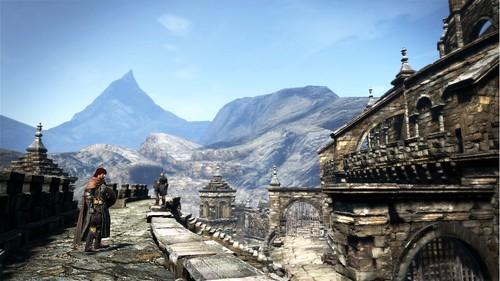
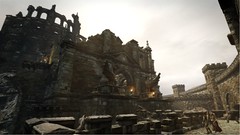
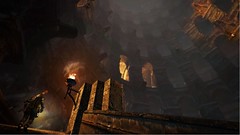
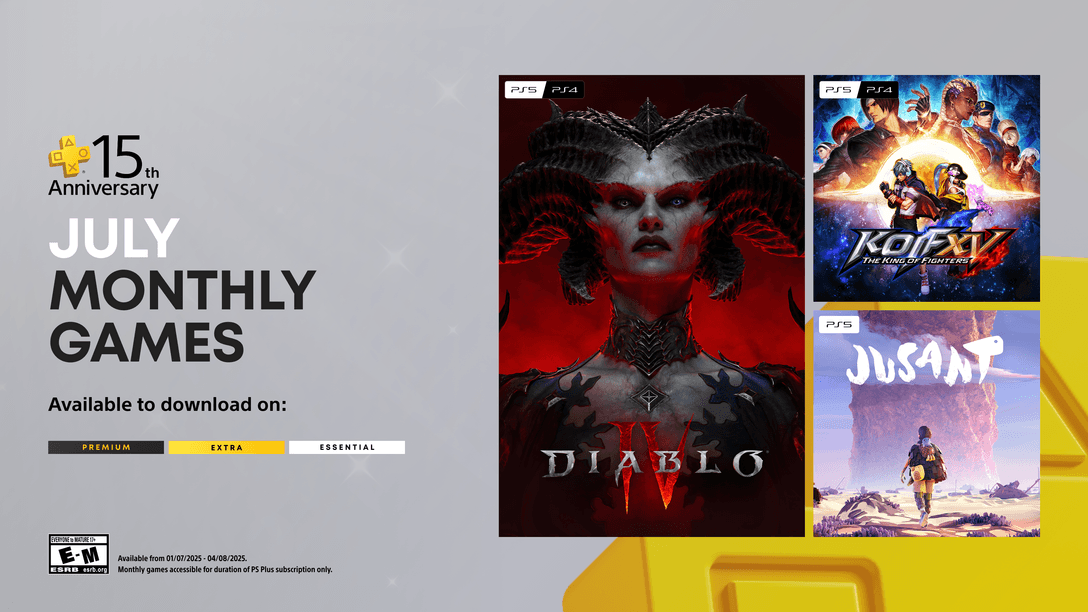
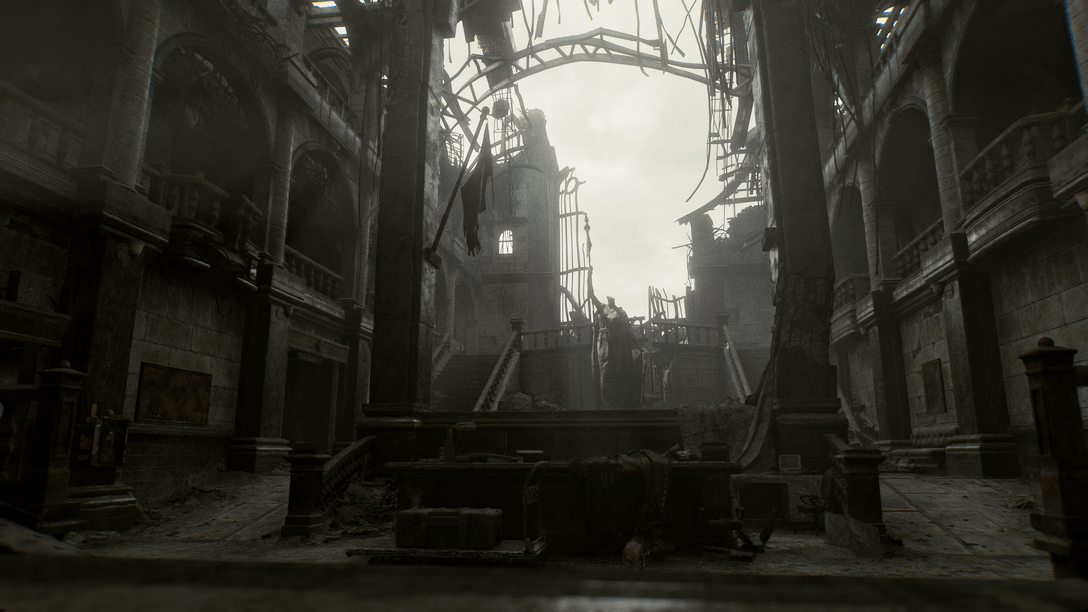

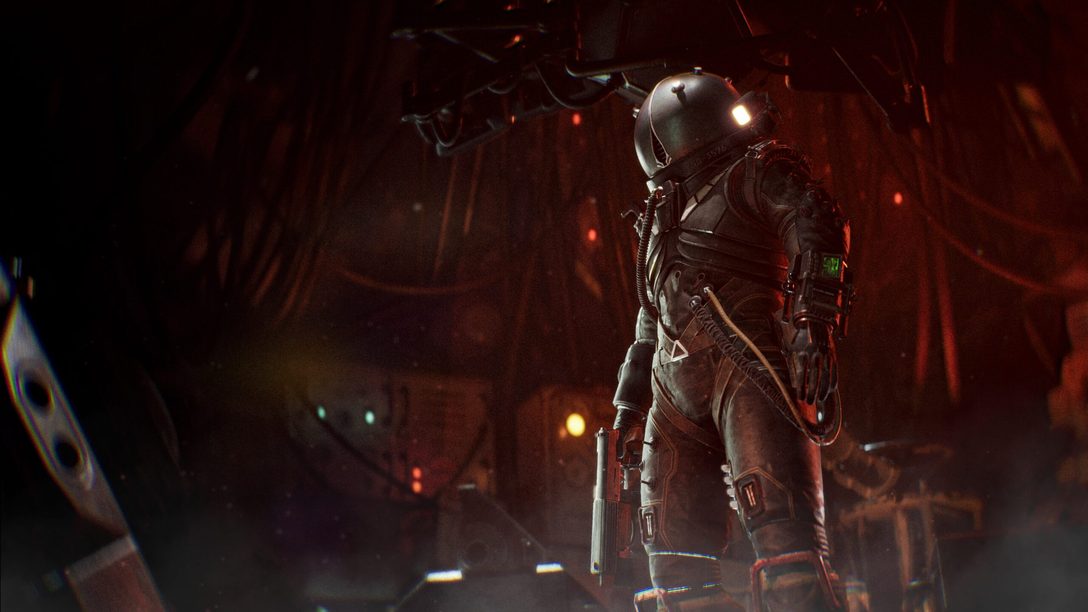




Join the Conversation
Add a CommentBut don't be a jerk!
24 Comments
Loading More Comments